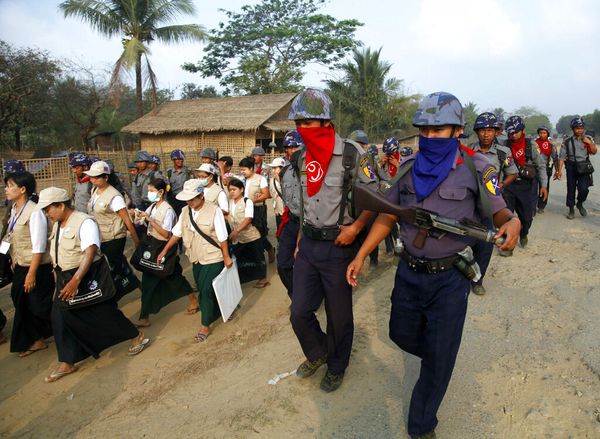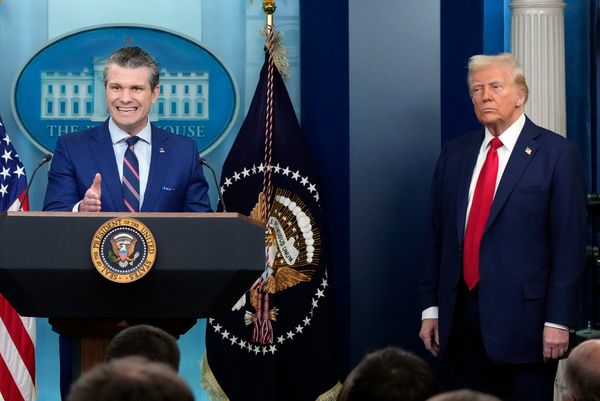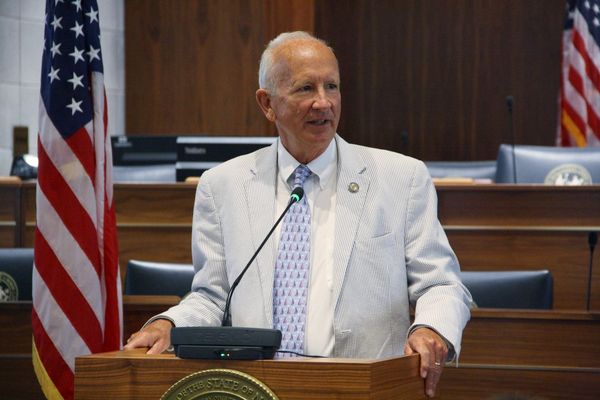Wordle, the word-puzzle game sensation from developer Josh Wardle, has taken the internet by storm.
I’ve already written an explainer piece on why the game is so popular and how you can get started playing it. Now I want to give a few tips on how to master the game and ensure that you make the most of your guesses each time you play.
There are basic strategies at success, but also habits you can get into that will make playing this—and other similar games—more fun.
Here are a few tips to get you started, as well as a basic rundown of how to play.

How To Play Wordle For Beginners
First, head over to the Wordle website. The game isn’t available on the App Store or Google Play. It isn’t even monetized. No ads, no microtransactions, no subscription fee.
To play, you’ll need to guess a five-letter word. You have six guesses. Each guess reveals correct and incorrect letters. Any correct letter in the right spot shows up green. Any correct letter in the wrong spot is yellow. All the rest are grey.
If, after six guesses, you fail to guess the word of the day you lose. Solve the puzzle before your six guesses are out, you win. The prize for winning? Immense personal satisfaction and bragging rights.
So how does one succeed at guessing? You can watch the video up above for some tips and tricks or read on below.
Wordle Tips & Tricks
Tip #1: Use Common Letters
There are some letters in the English language that are more common than others. Anyone who has played Scrabble knows that a “Z” or a “Q” is a lot more rare than an “I” or an “S”.
The most common letters in the English language are e, t, a, i, o, n, s, h, and r.
The most common letters at the beginning of an English word are t, a, o, d and w.
The most common letters at the end of an English word are e, s, d and t.
Tip #2: Think Of Words That Use The Most Common Letters
Pretty straightforward, but you’ll need to use actual words to guess in Wordle. You can’t just string together e, t, a, i, o because “Etaio” isn’t a word. You can use some of the following as solid starter-words, however:
- earns
- steam
- slate
- rents
- tears
- snare
Think of others with common letters and give it a shot. It’s not a guarantee, but even if all you do is rule out the more common letters that at least gets you on track toward a solution.
Tip #3: Read Some Books Or Play Text-Heavy Video Games
Reading is the most surefire way there is to expand your rusty vocabulary. The more you read, whether fiction or nonfiction, fantasy or the classics, sci-fi or even graphic novels, the better you vocabulary will become.
Vocabulary is the arsenal you bring with you to this game. The more words you know, the better you’ll do. While you get clues—green and yellow and grey letters—using those to figure out the solution requires knowledge of the English language.
Reading books—or playing text-heavy games like Skyrim or Divinity: Original Sin or many other RPGs—can really help strengthen your vocabulary.
Tip #4: Play Other Word Games
Solving word puzzles is a skill. Like any skill, the more you do it the better you become. Riding a bike, doing a solid deadlift, or pwning fools in Call Of Duty all require patience and experience.
Wordle skills are not unique to this game, however, so you might as well play other word games to keep things fresh and get your word-puzzling skills in tip-top shape.
Play Scrabble, Boggle or Bananagrams with friends or family in real life. Wordle is online, but not all word games are on a digital device. Enjoy the tactile experience of playing these on a table with other people. It’s fun!
Crossword puzzles are also a blast and really test your creative problem solving and vocabulary skills.
Even non-word game puzzles can help sharpen your Wordle skills. Play some other puzzle video games like The Witness or Portal 2, or other types of board games like Chess.
Tip #5: Play Wordle Every Day
Using everything else on this list, simply play Wordle every day. As they say, a Wordle a day keeps the, uh, boredom away? It’s good for your brain and, if I may be so bold, good for all of us in other, more profound ways.
Word games are all about communication. We learn how to solve problems, we expand our vocabulary, we learn to communicate better with one another (hopefully). After the past few years, I think the world could use a lot more empathy and better communication. We spend enough time questioning one another’s motives, thinking of each other as enemies and purposefully bending one another’s words to fit a political or cultural agenda.
But really, language is a unifying force. Language can be used for evil, but I maintain—biased as I am—that language is mostly a force for good.
So play Wordle every day and use your mind and let that process infect your heart a little, too. It may be just a game, but then again, what’s better than playing games?
You can follow me on Twitter and Facebook and support my work on Patreon. If you want, you can also sign up for my diabolical newsletter on Substack and subscribe to my YouTube channel.







